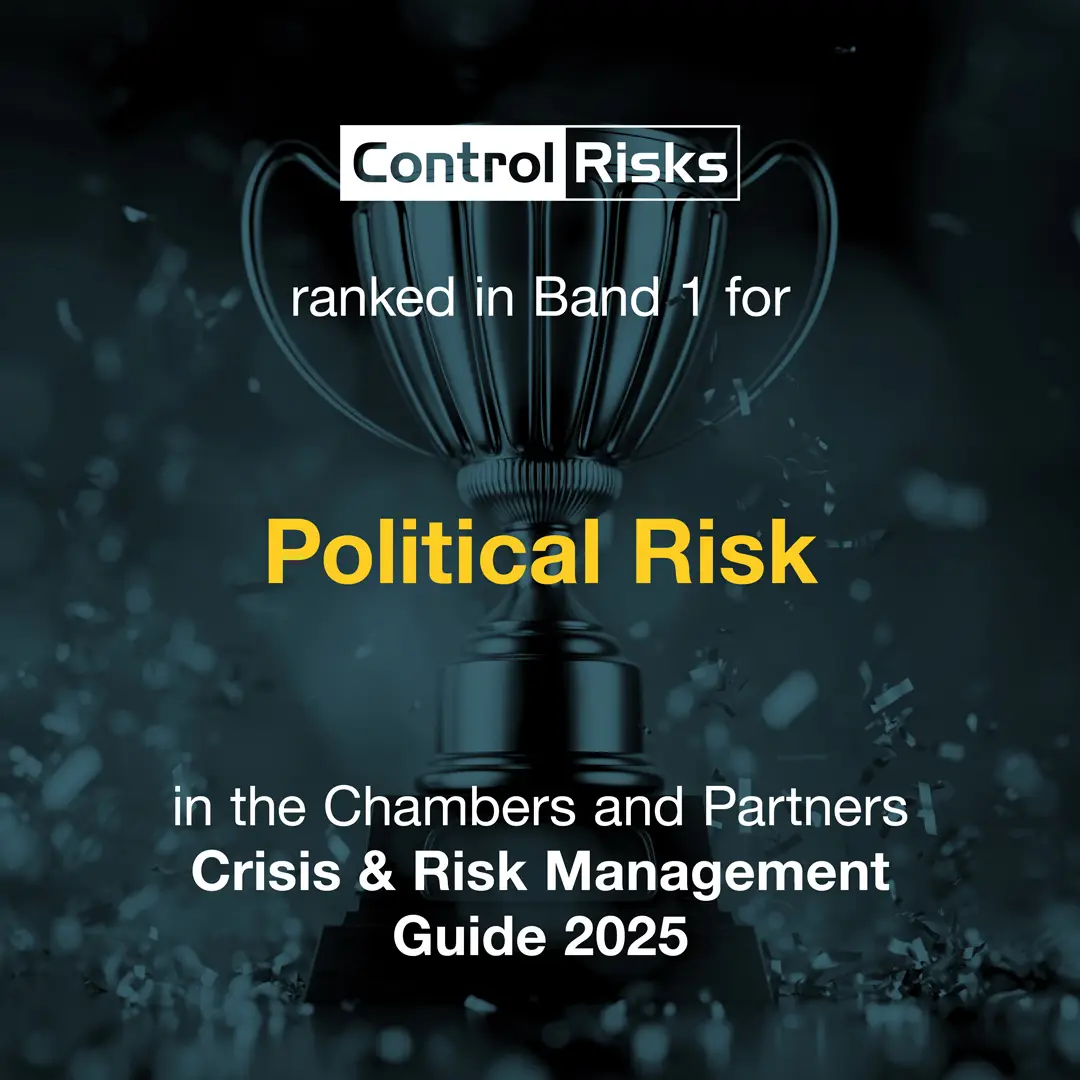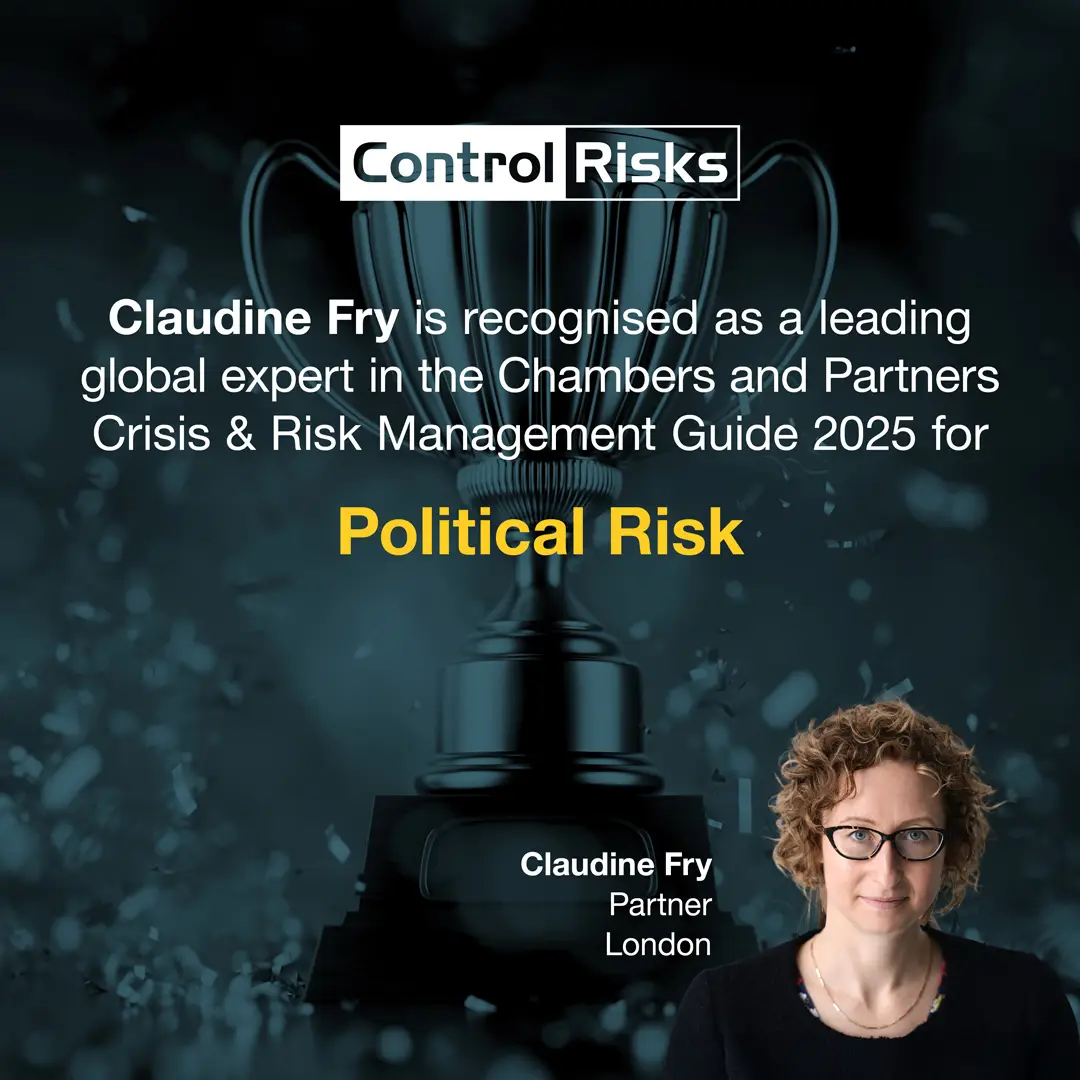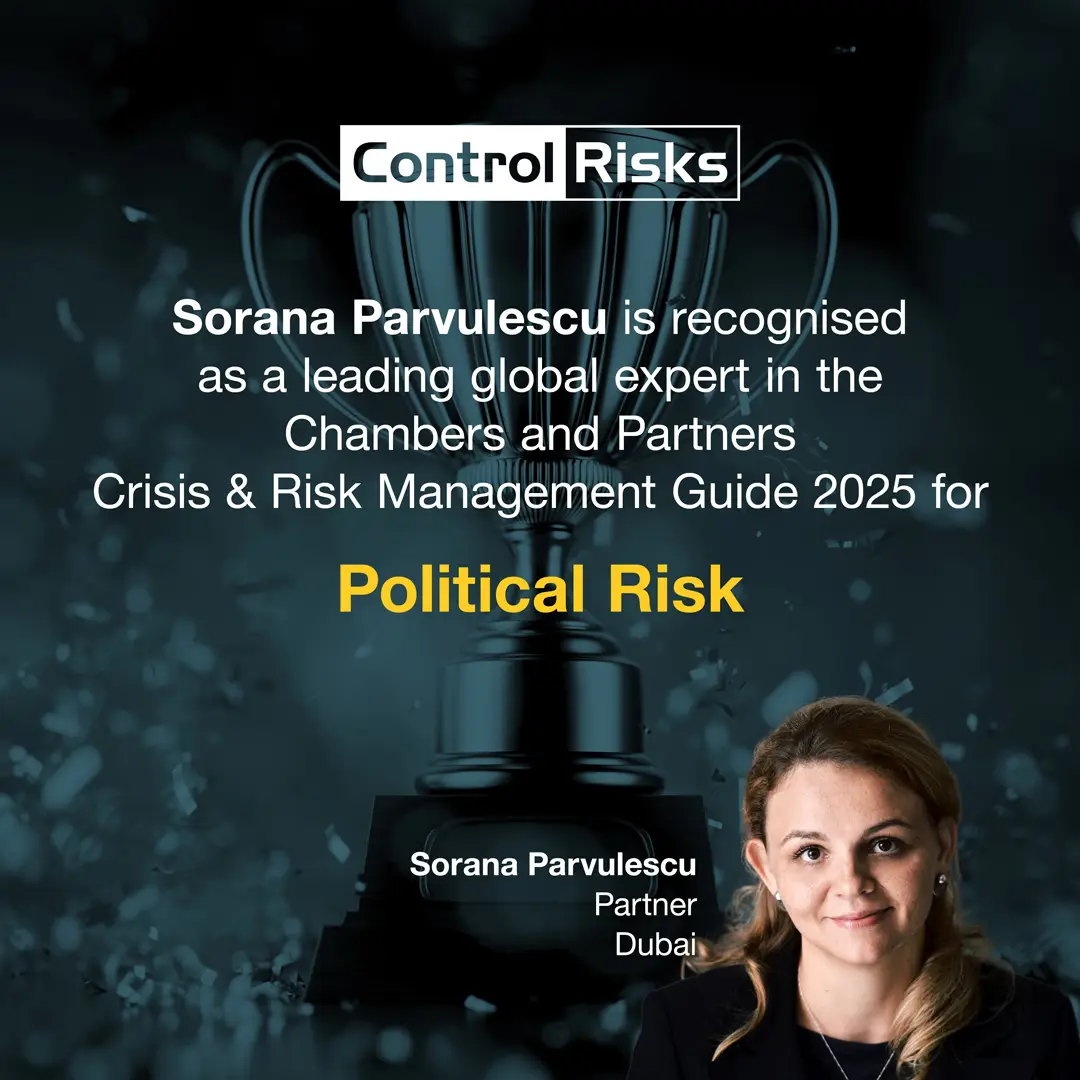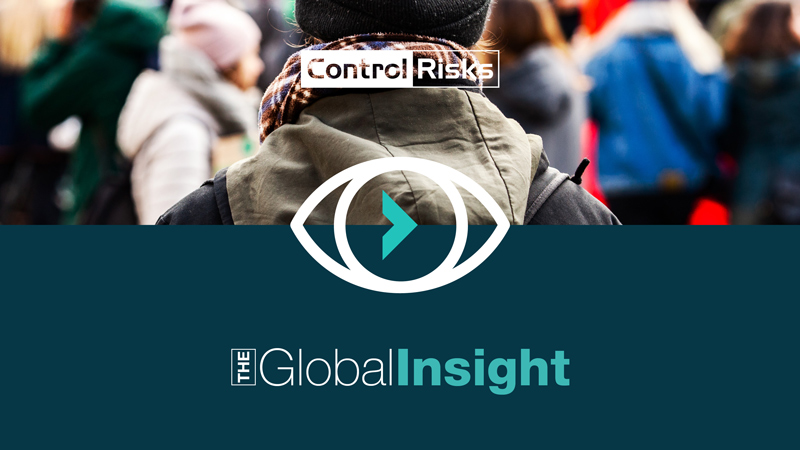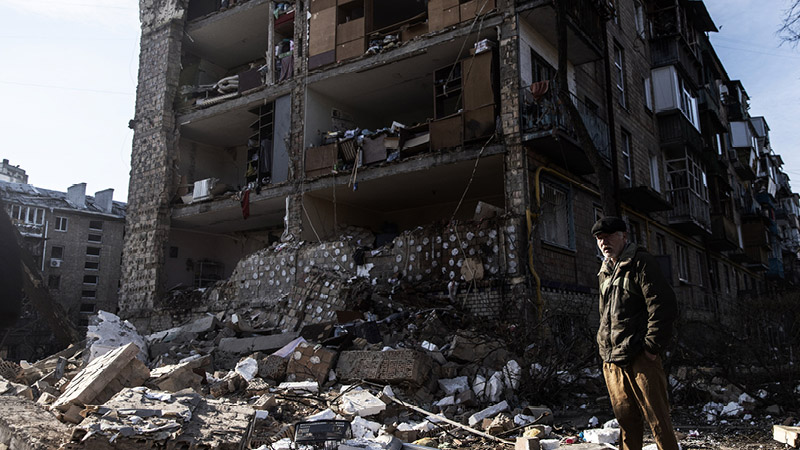Looking for opportunities in energy in new markets
The client:
A major renewable energy company
The issue:
As part of its energy transition strategy, our client is exploring investment opportunities and partners in new jurisdictions across the world. Having historically operated in more familiar markets, our client asked for our support in designing a country risk framework that it could use to guide its decision-making when considering these new ventures.
Our solution:
We liaised closely with the client to understand its current approach to risk management, and specifically the way in which different teams within the client organisation evaluated country risk and factored that into their deliberations around specific projects and partners. We engaged with a wide range of client stakeholders to ensure that we had fully understood their requirements and captured their concerns with respect to entering and operating in new markets. Specific concerns included the potential for their personnel to be exposed to heightened security threats as they conducted site visits, regulatory challenges, weak governance and lack of respect for human rights.
- A guidance document that set out a best-practice approach to managing country risk
- A country risk evaluation tool, enabling company stakeholders to rate risks across six main categories: political, operational, security, social and environmental risk
- A suggested workflow, providing guidance on how and in what situations to use the framework
Our framework comprised the following:
The result:
The framework has enabled the client to embed evaluation of country risk within its decision-making, ensuring that its approach to country risk management is standardised, and providing a structure within which to identify and analyse risk consistently.

